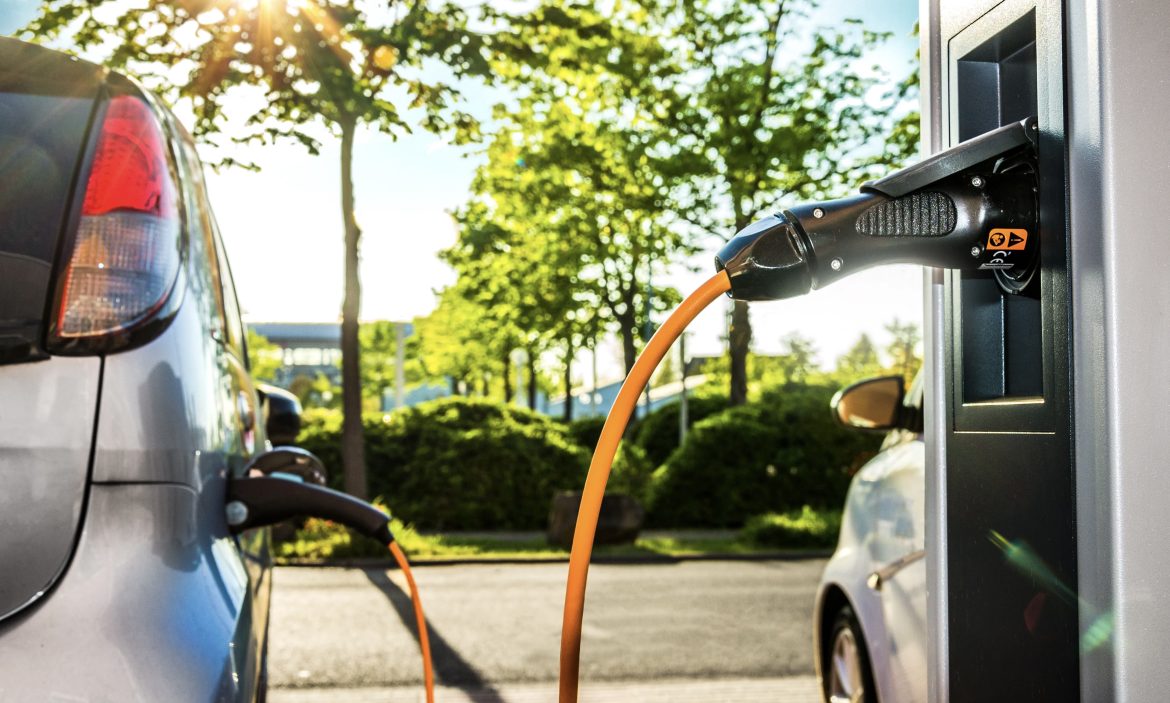KEY POINTS
- Africa’s EV adoption hindered by limited charging infrastructure and grid challenges.
- Regulatory support and funding are critical for growth.
- Localized solutions like solar-powered charging stations show promise.
Electric vehicles (EVs) are at the forefront of the global transition to cleaner and more sustainable transportation.
Across Africa, the promise of EVs is increasingly recognized, offering opportunities to reduce carbon emissions, lower fuel costs, and drive green innovation. However, the path to widespread EV adoption faces significant barriers, particularly related to infrastructure.
From limited charging networks to inadequate grid capacity, these challenges hinder Africa’s ability to harness the full potential of EVs. Despite these obstacles, the continent is also poised for growth, presenting a unique opportunity for governments, investors, and innovators to shape a sustainable future for transportation in Africa.
Current state of EV infrastructure in Africa
- Limited charging infrastructure
Africa’s EV market suffers from an acute lack of charging stations. While countries like South Africa and Kenya have made strides, most of the continent remains underserved. The absence of a robust network makes long-distance EV travel nearly impossible, limiting adoption to urban areas. For example, South Africa, one of the continent’s leaders in EV adoption, has just over 300 public charging stations, a fraction of what is required. Without extensive and accessible charging infrastructure, potential buyers remain hesitant, viewing EVs as impractical for daily use. - Inadequate grid capacity
Africa’s electricity grid faces severe limitations, with frequent outages and limited access in rural areas. Supporting EV adoption requires reliable and expanded grid capacity, which is currently lacking. In nations like Nigeria, where electricity access remains inconsistent, adding the load of EV charging is a significant challenge. Furthermore, renewable energy integration is essential to ensure that the environmental benefits of EVs are not undermined by reliance on fossil fuel-based grids. - High cost of EVs
The high upfront cost of EVs is another major deterrent for African consumers. With most EVs imported from Europe and Asia, tariffs and shipping costs further inflate prices. In South Africa, for example, EVs cost nearly twice as much as conventional vehicles, making them unaffordable for the average consumer. This financial barrier exacerbates the gap between potential and actual EV adoption across the continent.
Challenges facing EV infrastructure development
- Funding constraints
Developing EV infrastructure requires significant investment, and many African nations face financial limitations. The estimated $1 billion needed to build adequate charging networks and upgrade grid systems by 2025 highlights the scale of the challenge. Private sector involvement and international funding are essential to bridge this gap, yet the perceived risks of investing in nascent markets often deter potential financiers. - Regulatory frameworks
The absence of clear and supportive regulatory frameworks hampers progress. Policies to incentivize EV adoption, such as subsidies, tax breaks, and import duty exemptions, are scarce or inconsistently applied across Africa. Countries like Rwanda have demonstrated the potential impact of favorable policies, offering insights for others to follow. - Technical challenges
From integrating advanced charging technology to scaling renewable energy infrastructure, Africa faces technical hurdles in building a sustainable EV ecosystem. The lack of locally manufactured EV components and expertise further complicates efforts, leaving countries reliant on costly imports. - Public awareness and education
Many Africans remain unfamiliar with EVs and their benefits. Misconceptions about affordability, range, and reliability persist, creating a psychological barrier to adoption. Public awareness campaigns and educational initiatives are critical to demystify EVs and build consumer confidence.
Scenarios
- Success in Rwanda
Rwanda has emerged as a regional leader in EV adoption, implementing supportive policies and building a growing charging network. The government’s tax incentives on EV imports and partnerships with private sector players like Ampersand have helped make EVs accessible and viable. - Challenges in South Africa
Despite being Africa’s most industrialized economy, South Africa faces significant challenges due to its limited charging infrastructure and slow regulatory progress. This has restricted EV adoption to a niche market, dominated by high-income consumers. - Innovation in Kenya
Kenya’s M-KOPA Solar offers an innovative approach to affordable EV charging by leveraging solar energy solutions. This model demonstrates how Africa can overcome infrastructure challenges through localized, off-grid solutions, offering valuable lessons for other countries.
Opportunities
- Growing demand: Environmental awareness and urbanization are driving demand for EVs, creating a ripe market for growth.
- Investment opportunities: The need for infrastructure presents lucrative opportunities for investors, especially in renewable energy-powered charging networks.
- Job creation: Developing the EV ecosystem has the potential to generate thousands of jobs in manufacturing, installation, and maintenance.
- Environmental benefits: Transitioning to EVs can significantly improve air quality in cities, reducing health risks and greenhouse gas emissions.
Challenges
- Infrastructure development: Scaling charging networks and grid capacity remains a priority.
- Supportive policies: Regulatory frameworks must be established to provide incentives for consumers and investors alike.
- Public education: Outreach campaigns are necessary to dispel myths and highlight the economic and environmental benefits of EVs.
- Affordability: Strategies to lower EV costs, such as local manufacturing and financial incentives, are essential to making them accessible to a broader audience.
Africa’s journey toward EV adoption is both a challenge and an opportunity. A lack of infrastructure, regulatory hurdles, and affordability issues impede progress, but successful examples from countries like Rwanda and Kenya offer hope.
With strategic investment, innovative solutions, and supportive policies, the continent can overcome these barriers and unlock the potential of EVs. By doing so, Africa will not only contribute to global sustainability efforts but also create a greener, more equitable future for its citizens.



